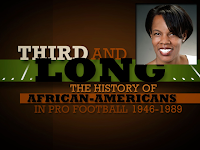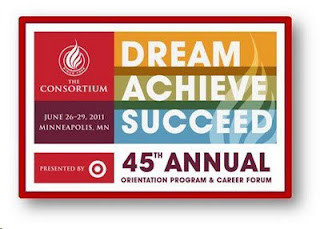Getting Pushed Backed, While "Leaning In"

Applicable to all under-represented groups? So the topic that has made a torrent splash in the early weeks of 2013 is a new catch-phrase: "Lean In," taken, of course, from Facebook COO's Sheryl Sandberg's new book of the same name. The book raced to the top of best-seller lists. The subject--how women can push (or propel?) themselves into the top echelons of business--is relevant. The advice and guidance are useful, although Sandberg acknowledges there are no quick fixes, no one special way to progress along the path, and certainly no assurances that every woman who "leans in" will one day find herself chair of the board. Nonetheless, Sandberg determined it was time to put the issue back on the table and force companies and business leaders to assess where we are. She advises women to seize control of their destinies, bang on the door and avoid waiting for it to open. So next question. Are her advice and guidance relevant to other under-represented segment...








